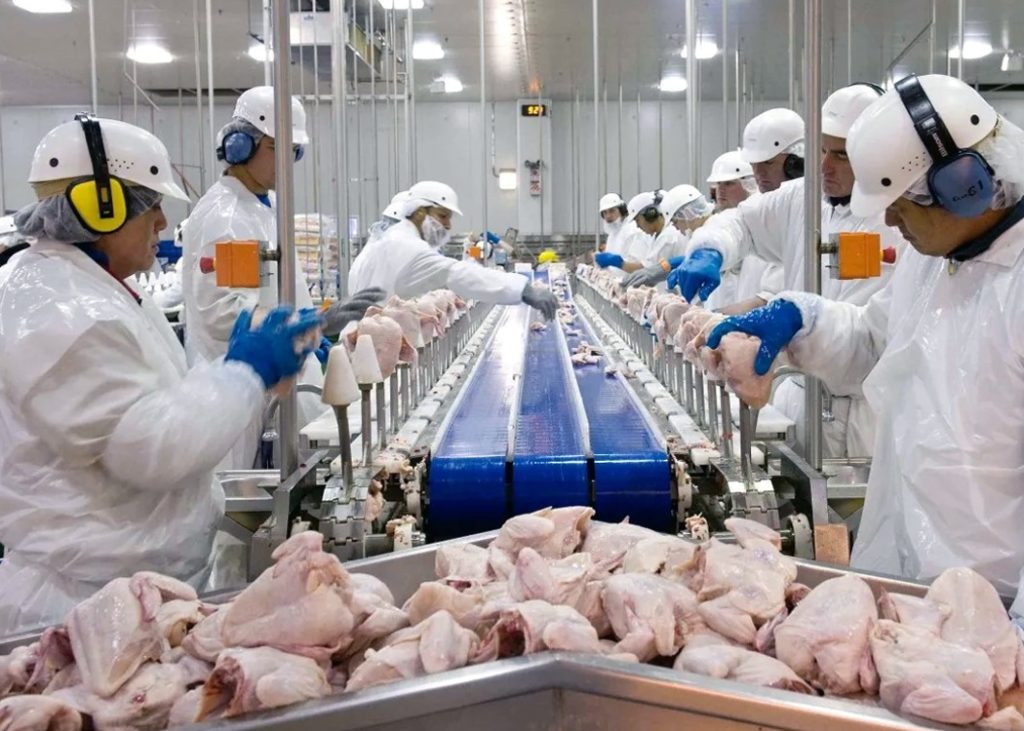
AVN Web Desk
According to a recent report by the Brazilian Animal Protein Association (ABPA), the average price of Brazilian chicken meat exports has exceeded $2,000 per ton.
In August, the average price per ton reached $2,089, reflecting an 8.9pc rise from $1,918 in the same period last year, making it the highest price since August 2022, when it stood at $2,106 per ton.
Total exports in August amounted to 379.8 thousand tons, representing a 12.3pc decrease from 433.3 thousand tons in August 2023. Despite the drop in volume, revenue fell by a smaller margin of 4.5pc, totaling $793.6 million, compared to $831 million last year.
In Brazilian Reais, however, revenue increased by 8.1pc, reaching R$4.406 billion this August, up from R$4.074 billion in August 2023.
For the year-to-date (January to August), chicken meat exports totalled 3.432 million tons, a slight decline of 1.8pc from 3.495 million tons in the same period last year.
Revenue for the first eight months of 2024 stood at $6.319 billion, down 7.8pc compared to $6.858 billion in the same period of 2023. In Reais, the accumulated revenue was R$33.004 billion, a 4.1pc drop from R$34.412 billion last year.
ABPA President Ricardo Santin said, “The shipment flow so far matches the monthly average of the past 12 months, maintaining around 430 thousand tons.”
The United Arab Emirates was the largest importer, receiving 39.2 thousand tons of Brazilian chicken in August, a 17pc decrease from last year. In contrast, exports to Japan surged by 32pc, reaching 39 thousand tons. South Africa followed with 28.1 thousand tons (+11pc), Saudi Arabia with 26.9 thousand tons (-28pc), and China, which dropped to fifth place, with 16.3 thousand tons (-69pc).
Among Brazilian states, Paraná remained the top exporter, shipping 161.2 thousand tons in August (-2.7pc), followed by Santa Catarina with 84.2 thousand tons (-14.1pc), Rio Grande do Sul with 37.8 thousand tons (-42.5pc), São Paulo with 23.8 thousand tons (-3.1pc), and Goiás with 17.8 thousand tons (+4.3pc).
Santin attributed the rise in average prices to increased exports to high-value-added markets such as Japan. However, he also pointed to challenges including shipping delays, particularly at the port of Paranaguá, and the impact of Newcastle Disease, which has affected exports to China and Mexico.





